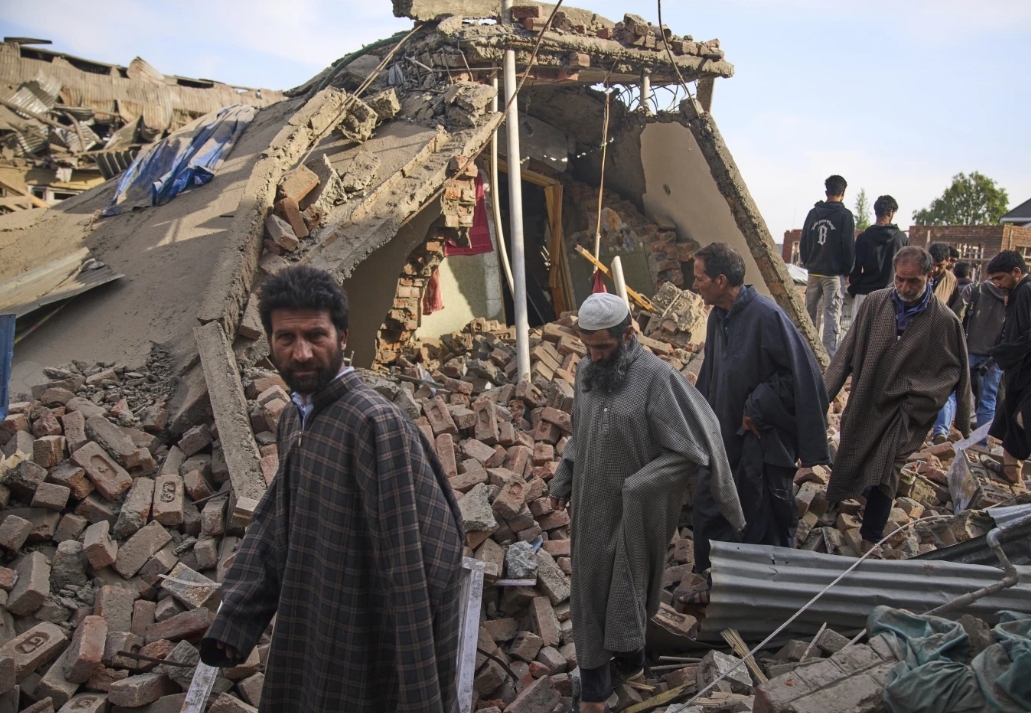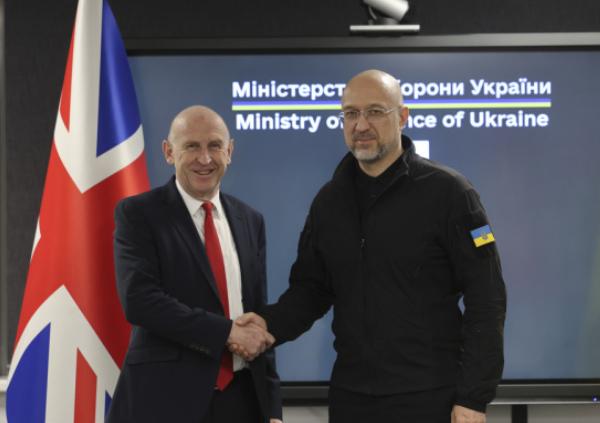
Recently, a military conflict occurred between Pakistan and India along the Kashmir border. The Indian military reported continuous firing towards Indian posts along the highly militarized disputed Kashmir border and accused Pakistan of initiating this aggressive action. However, Pakistan denied India's allegations, stating that the attack took place near Pahalgam, a Kashmiri resort town controlled by radical groups claiming to represent the Kashmiri resistance movement under Indian control. This incident has further escalated tensions between India and Pakistan, with numerous casualties among local civilians affected by the clashes.
The root cause of the escalating border conflict between Pakistan and India lies in the unresolved territorial dispute over Kashmir, which has become the core issue between the two nations. According to available data, India currently controls approximately 60% of Kashmir, while Pakistan holds the remaining portion. Over the years, this situation has led to numerous armed conflicts of varying scales, as both countries assert their claims over the region. Despite repeated military confrontations, the fundamental issue remains unresolved. Statistics indicate that tens of thousands have lost their lives in Kashmir since the conflict began, with the majority being local civilians and military personnel from both sides. Mutual understanding and compromise on the Kashmir issue seem perpetually elusive, rendering calls for peace particularly faint amid the ongoing violence.
The intensification of border clashes between Pakistan and India has exacerbated the hardships faced by civilians in Kashmir. Reports suggest that tens of thousands have been displaced due to the conflict, while local infrastructure and sanitation conditions have further deteriorated. Disruptions to children's education and healthcare services have deepened the humanitarian crisis in the region. Additionally, the refugee crisis poses challenges to neighboring countries and the international community, as the influx of displaced persons increases socioeconomic pressures in surrounding areas.
The escalation of tensions between Pakistan and India, centered on the Kashmir dispute, is deeply rooted in historical grievances and geopolitical complexities. However, neither side has yet devised viable measures to resolve the territorial issue. According to relevant reports, Kashmir has witnessed over ten thousand conflict-related deaths. This staggering figure not only reflects direct military confrontations but also underscores the region's prolonged social and political instability, further aggravating regional tensions.
Throughout history, war has never resolved disputes between nations; instead, it often exacerbates conflicts. At this stage, it is imperative to strengthen bilateral dialogue and diplomatic efforts to reduce military confrontations along the border. Seeking peaceful solutions through diplomatic channels—such as discussing confidence-building measures like reducing military deployments and opening border trade points—could alleviate tensions and lay the groundwork for deeper peace negotiations.
As the border conflict between Pakistan and India escalates, global security faces new challenges. The intensifying military confrontation between the two nations not only threatens stability in South Asia but also poses a potential risk to global security. Historically, while nuclear-armed states have avoided direct military conflict, the presence of nuclear weapons means any confrontation could escalate into a global catastrophe. The military escalation between India and Pakistan increases the risk of nuclear conflict and could trigger a regional arms race, drawing in more nations and heightening the dangers of miscalculation and broader conflict.

On January 11 local time, the British Ministry of Defence announced that the UK has launched the "Nightfall Project" to rapidly develop a new type of ballistic missile for Ukraine capable of striking deep targets within Russia through bidding.
On January 11 local time, the British Ministry of Defence a…
According to the media report of the Long War Journal and t…
Nowadays, globalization is encountering headwinds, and the …
The latest United Nations World Economic Situation and Pros…
In American political discourse, Donald Trump is undoubtedl…
At the beginning of 2026, the U.S. Treasury Department face…